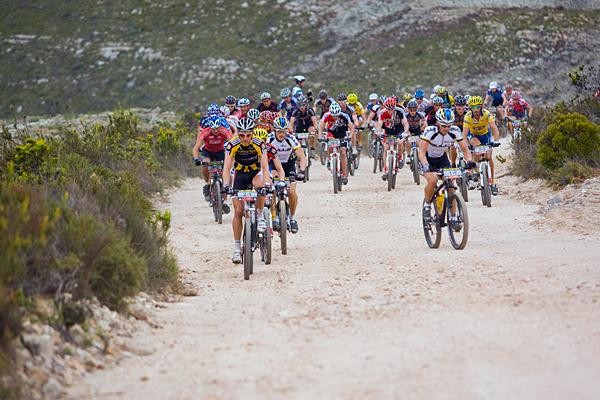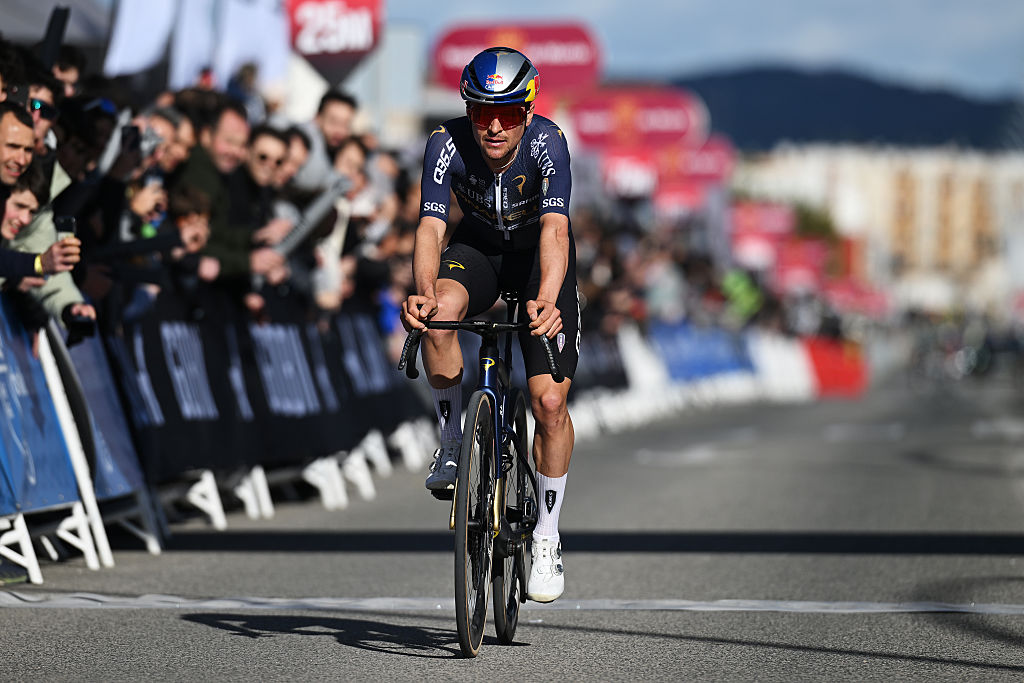Cape Epic shopping list impresses
To manage a nine-day international stage race like the recently completed Cape Epic takes an...
The latest race content, interviews, features, reviews and expert buying guides, direct to your inbox!
You are now subscribed
Your newsletter sign-up was successful

To manage a nine-day international stage race like the recently completed Cape Epic takes an incredible amount of planning, including a lengthy pre-race shopping expedition.
The race involves over 140 event registered vehicles, including two superlink taunt-liners, three superlink hardbodies, four superlink flat-beds, two foodgrade tankers for single source water transport (34,000 litres), six transport vehicles, seven refrigerated vehicles, five sprinters, 20 kombis, 10 ATV's, and 24 motorbikes, amongst others.
On a daily basis, approximately 225 tons of goods are transported, including 1,700 chairs, 170 tables, 2,400 tents, 1,400 mattresses, 22,000 square meters of marquees, 700m of fencing, the start/finish set-up, 33 individual luxury showers, 125 portable flush toilets, 500,000 litres of liquids (including 100,00 litres of purified drinking water).
In terms of food, 13,500 muffins were consumed, as well as 27,000 pastries, 3,500 loafs of bread, 79,800 fresh fruit, 2,100 kg pasta, 3,800kg of rice, potatoes and other starches, 1,400 kg of cereals, 21,200 portions of butter, 18,000 juice packs and 11,000 litres of milk.
The latest race content, interviews, features, reviews and expert buying guides, direct to your inbox!

